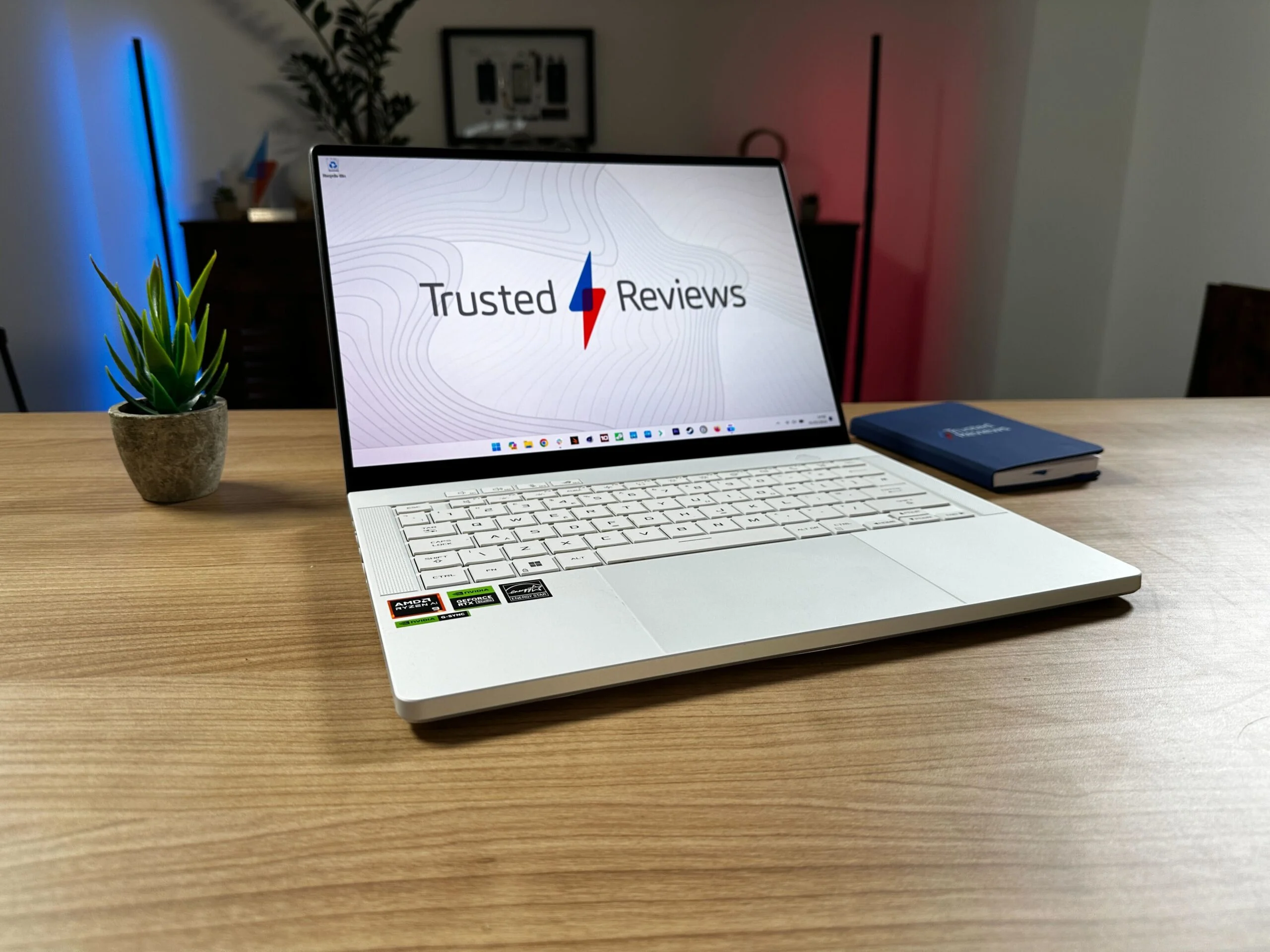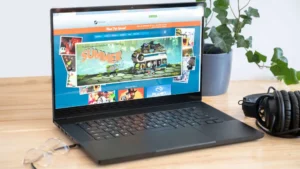Buying a used laptop can save you a lot of money while still getting you a powerful machine. However, to make an informed purchase, you should compare different types of features to ensure you get your money’s worth.
Learn more about laptop specifications
Processor (CPU), memory (RAM), storage options, screen quality, battery life and ports and connections are the most important specifications when looking at a used computer. Most of the work can be done with a fast CPU like an Intel Core i5 or AMD Ryzen 5, and you should use at least 8GB of RAM to ensure you can switch between tasks smoothly.
Things to Consider Before Buying a Used Laptop
Before you buy anything, think carefully about what you need and how much you can spend. Always check the durability of the machine. Signs of excessive wear can be a symptom of a deeper problem.
How do I get a used laptop?
Online marketplaces like eBay, approved thrift stores and local classifieds are all good options. Each method has pros and cons, but approved restoration products usually come with a warranty.
Things to consider before buying a used laptop
Do a thorough physical check, make sure the software is up to date, and try out the battery to make sure it lasts as long as possible. You can use CrystalDiskInfo to check the health of your HDD or SSD, and HWMonitor to check the health of your battery.
Comparison of well-known laptop models
Look at cheap, mid-range and high-end models to see which best suits your needs. A model like the Dell Inspiron may be suitable for basic tasks, while the MacBook Pro may be better suited for more demanding tasks.
Don’t make these mistakes when buying a used laptop:
Don’t forget the value of warranties and return policies or opportunities for future improvements. These can have a big impact on how satisfied you are with your purchase.
Why upgrading your old laptop is a good idea
For a small price, you can make your older laptop run faster by upgrading it by adding more RAM or switching to an SSD.
The role of the operating system on second-hand laptops
Whether you choose Windows, MacOS, or Linux, it will change the way your software works and how your users feel. Consider what programs you need to get the job done.
How to keep a used laptop clean and in good condition
Regularly cleaning and maintaining your laptop will help it last longer. Cleaning your keyboard and fan are simple things you can do to prevent your computer from burning up and maintain performance.
What you should pay attention to when buying a used laptop
Delete the previous owner’s information and run good security software to protect you.
Use user reviews and expert opinions
Read user reviews and professional opinions on the laptop model you want to buy to find out how reliable it is and how well it performs.
How to reduce the price of used laptops
Learn to negotiate to get the best price. This can help you if you know what it is worth in the market.
Future-proof your purchase
When shopping for a computer, consider factors like build quality, support, and upgrade options to find the best long-term value.
To summarize
When shopping for a used laptop, it’s important to consider its specs, health, and overall value. By following these tips, you can make a choice that meets your needs without sacrificing speed or quality.
common problem
What are the most important things to look out for with a used laptop?
Note CPU, RAM, storage type and battery life.
How do I know if a used laptop battery is good?
You can use an app like HWMonitor or view your laptop’s system information if it’s running Windows or MacOS.
Is it safe to buy a used laptop online?
Yes, especially if you buy from a reputable website or from a qualified repairer who can let you return the device or get your money back.
What changes can make a used laptop last longer?
You can improve your computer by adding RAM, replacing the hard drive with an SSD and improving the operating system.
How important is it that a used laptop has the correct operating system?
Important because it affects how the software works together and the user experience.



